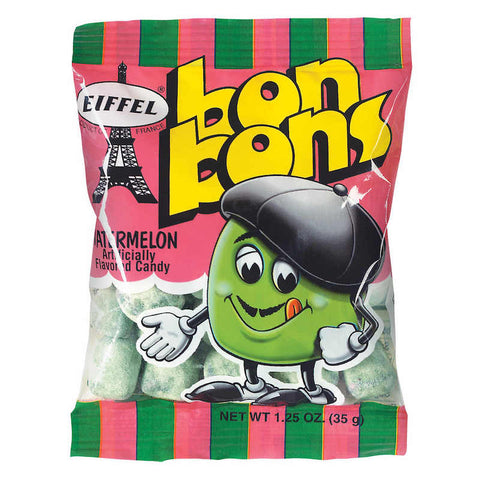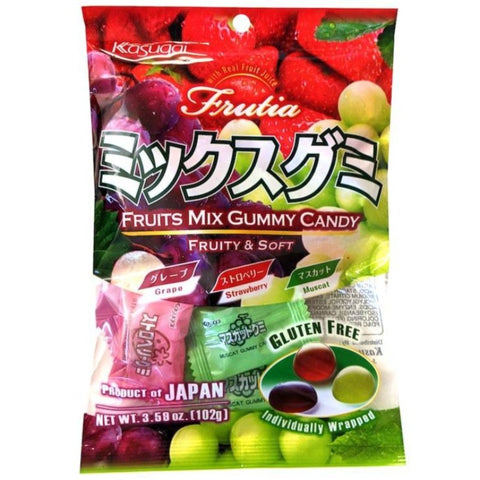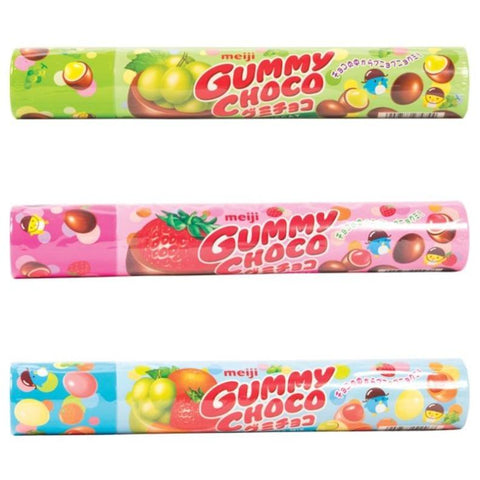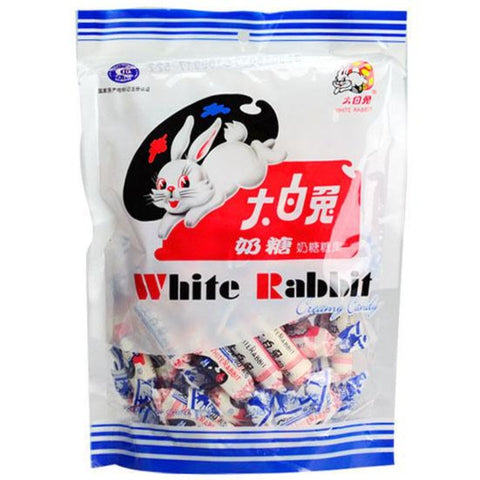Kopiko Coffee Hard Candy
$3.99
- Description
- Reviews
- Prop 65 Warning
Most popular Indonesian coffee candy, Kopiko. The American 4.23 oz package is a larger piece, but fewer per bag. The larger 6.17 oz package has smaller pieces, but more per bag. The larger package is manufactured in Thailand, and used to bear the CoffeeShot title, but they've dropped that now to avoid confusion. Kind of like New Coke going back to Coke. Remember that? All the packaging looks the same bearing the slanted KOPIKO banner across the width of the package. Make sure to check the size on the bottom left corner of the packaging to tell the difference between the 4.23 oz vs 6.17 oz.
California residents please see Prop 65 Warning tab above.
Loved all my orders so far. Appreciate the samples
I’ve never had a bad experience ordering candy from Auntie K. It always arrives quickly, in excellent condition, and with lots of fun samples to try.
This candy is a must have daily treat, so glad Auntie K sells it in the large container.
![]() WARNING: This product can expose you to chemicals such as 4-Methylimidazole, Acrylamide, which is known to the State of California to cause cancer. For more information, go to www.P65Warnings.ca.gov
WARNING: This product can expose you to chemicals such as 4-Methylimidazole, Acrylamide, which is known to the State of California to cause cancer. For more information, go to www.P65Warnings.ca.gov
What is Proposition 65?
Proposition 65 requires businesses to provide warnings to Californians about significant exposures to chemicals that cause cancer, birth defects or other reproductive harm. These chemicals can be in the products that Californians purchase, in their homes or workplaces, or that are released into the environment. By requiring that this information be provided, Proposition 65 enables Californians to make informed decisions about their exposures to these chemicals. Proposition 65 also prohibits California businesses from knowingly discharging significant amounts of listed chemicals into sources of drinking water. Proposition 65 requires California to publish a list of chemicals known to cause cancer, birth defects or other reproductive harm. This list, which must be updated at least once a year, has grown to include approximately 900 chemicals since it was first published in 1987. Proposition 65 became law in November 1986, when California voters approved it by a 63-37 percent margin. The official name of Proposition 65 is the Safe Drinking Water and Toxic Enforcement Act of 1986.









